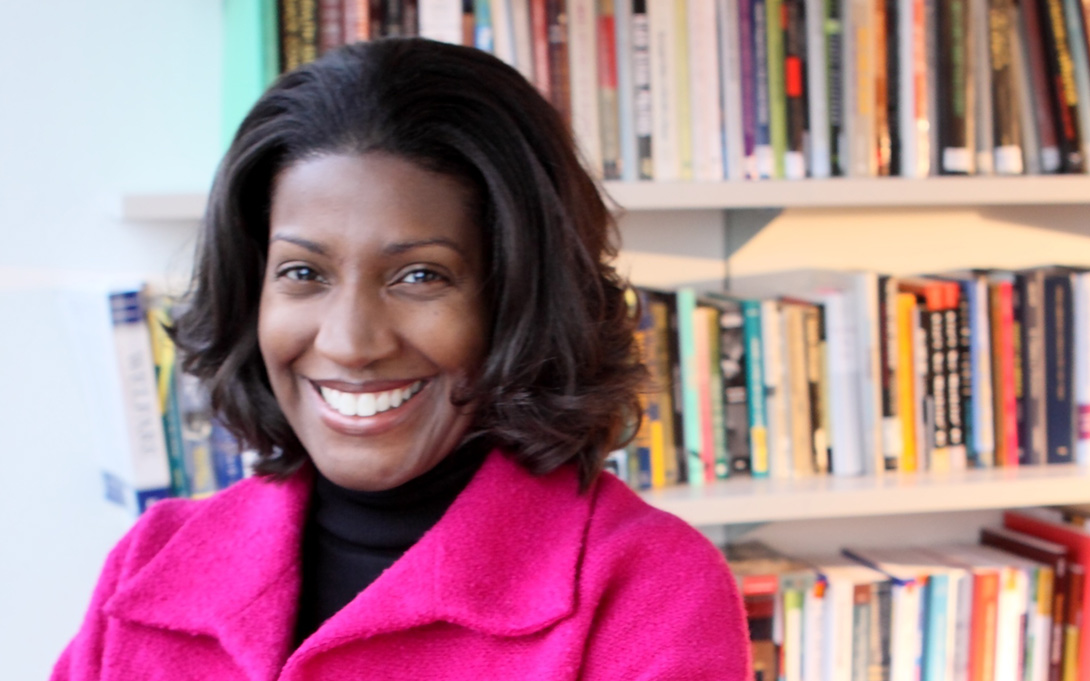
Distinguished sociologist
Celeste Watkins-Hayes works at the intersection of inequality, public policy, and institutions, with a special focus on urban poverty and race, class, and gender studies. She’s particularly interested in the lived experiences of health inequities and women’s unsung impact on health policy.
Her work illuminates the impact of the HIV epidemic on women and safety-net organizations to scholars, communities, and policymakers.
Award-winning author
Remaking a Life: How Women Living with HIV/AIDS Confront Inequality (University of California Press, 2020). American Sociological Association (ASA) Distinguished Book Award (the discipline’s highest book honor), the Eliot Freidson Outstanding Publication Award bestowed by the ASA Medical Sociology Section, the Distinguished Book Award from the ASA Section on Sex and Gender, the Distinguished Book Award from the ASA Section of Race, Gender, and Class, the Betty and Alfred McClung Lee Book Award from the Association for Humanist Sociology, the Mirra Komarovsky Book Award from the Eastern Sociological Society, and the Alison Piepmeier Book Prize from the National Women’s Studies Association.
The New Welfare Bureaucrats: Entanglements of Race, Class, and Policy Reform (University of Chicago Press, 2009). Finalist for the 2009 C. Wright Mills Book Award from the Society for the Study of Social Problems and the 2011 Max Weber Book Award from the American Sociological Association.
Leadership posts
- Ford School’s associate dean of academic affairs (2021–2022)
- Founding director, Center for Racial Justice (September 2021)
- Research and community impact fellow, U-M Anti-racism Collaborative (current)
- Board member, Russell Sage Foundation (current)
- Founding steering member, Black Trustee Alliance for Art Museums
- Board of directors, Detroit Institute of Arts (2017–2021)
- Founding director, ASCEND Faculty Development Program (Northwestern University)
- Associate Vice President for Research, (Northwestern University)
- Former trustee, Spelman College, where she led the search process for the college’s 10th president.
Early mentorship
As an undergraduate, Watkins-Hayes attended Spelman College, where she credits Dr. Mona Phillips with showing her how sociology could help her analyze the world around her. She says Dr. Johnnetta B. Cole got her excited about higher education as a way to influence the world.
More in State & Hill
Below, find the full, formatted fall 2022 edition of State & Hill. Click here to return to the fall 2022 S&H homepage.
More news from the Ford School